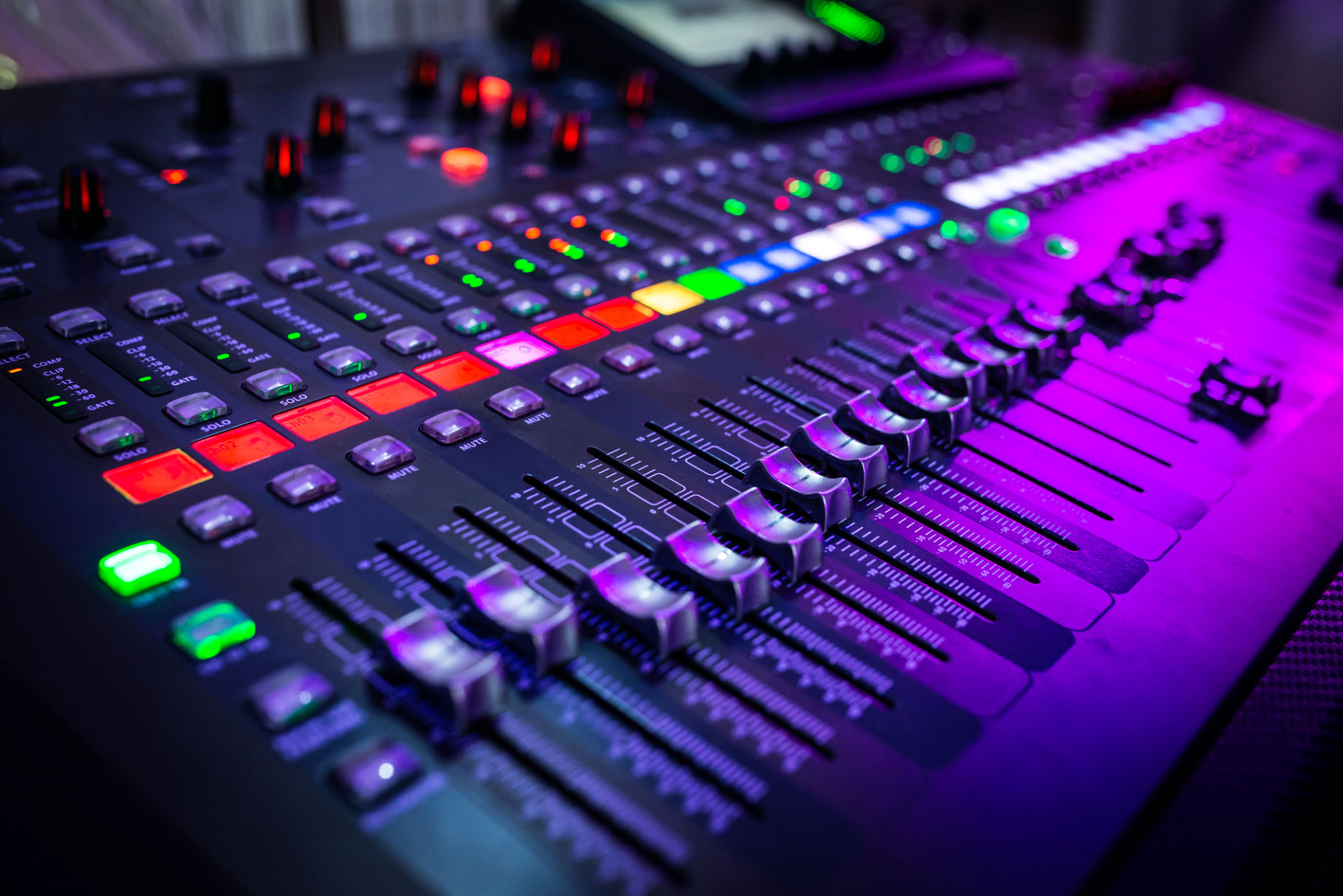Common Audio Production Mistakes and How to Avoid Them in Orlando
Understanding the Basics of Audio Production
Audio production is an intricate art form that combines technical skills and creativity. Whether you're a seasoned professional or just starting out in Orlando, understanding the common pitfalls can significantly enhance the quality of your work. Let's delve into some frequent mistakes and how to sidestep them for a smoother production process.

Neglecting Acoustic Treatment
One of the most overlooked aspects of audio production is the acoustic treatment of your recording space. Poor acoustics can lead to unwanted echoes and reverb, which can compromise the quality of your recordings. To avoid this, invest in soundproofing materials such as foam panels or bass traps. These can help create a more controlled recording environment.
Additionally, be mindful of the placement of your recording equipment. Microphones should be positioned strategically to capture the best sound quality. Experimenting with different placements can also help you understand how acoustics affect your recordings.
Improper Microphone Usage
Using microphones incorrectly is another common mistake in audio production. This can result in distorted or unclear sound. Always ensure that the microphone is set to the appropriate level and avoid placing it too close to the sound source, as this can cause distortion.
Understanding the different types of microphones and their applications is crucial. For instance, condenser microphones are ideal for capturing vocals with clarity, while dynamic microphones are better suited for live performances due to their durability.

Poor Mixing and Mastering
Mixing and mastering are essential steps in audio production that require a keen ear and attention to detail. Many producers make the mistake of over-processing tracks, which can result in a muddled sound. To avoid this, focus on balancing each element within your mix.
- Use equalization (EQ) to carve out space for each instrument.
- Apply compression sparingly to maintain dynamic range.
- Use reverb and delay effects judiciously to add depth without overwhelming the mix.
Mastering is the final step and should enhance the overall sound without drastically altering the mix. Consider outsourcing this step to a professional if you're unsure about your skills.
Lack of Organization
A disorganized workflow can lead to confusion and inefficiencies. Ensure that all your files are properly labeled and stored in a structured manner. This makes it easier to locate specific tracks or sessions when needed.
Additionally, maintaining backups of your projects is crucial. Hard drive failures or accidental deletions can happen at any time, so having a reliable backup system can save you from losing valuable work.

Ignoring Feedback and Collaboration
Audio production is often a collaborative effort, and ignoring feedback from peers or clients can hinder your growth. Constructive criticism can provide insights into areas for improvement that you might have overlooked.
In Orlando, there are numerous networking opportunities within the local music scene. Engage with other producers, artists, and audio engineers to exchange ideas and gain new perspectives on your work.
By being mindful of these common audio production mistakes and taking proactive measures to avoid them, you can enhance your skills and produce high-quality audio content. Whether you're working on music, podcasts, or any other audio project, attention to detail and a willingness to learn will set you on the path to success in Orlando's vibrant audio production scene.